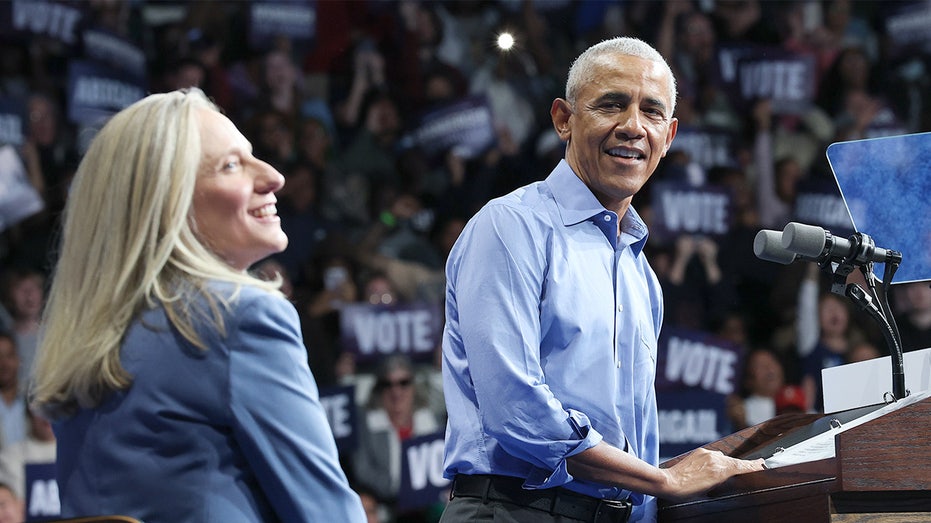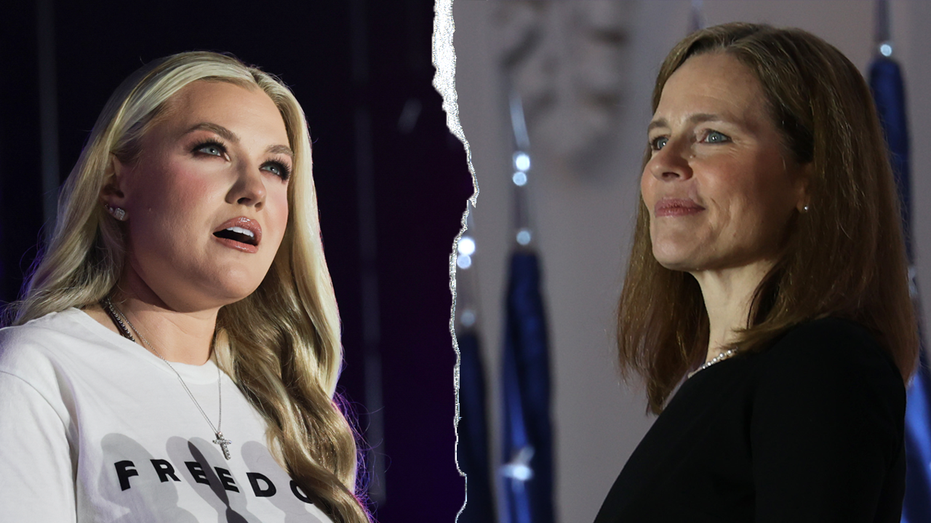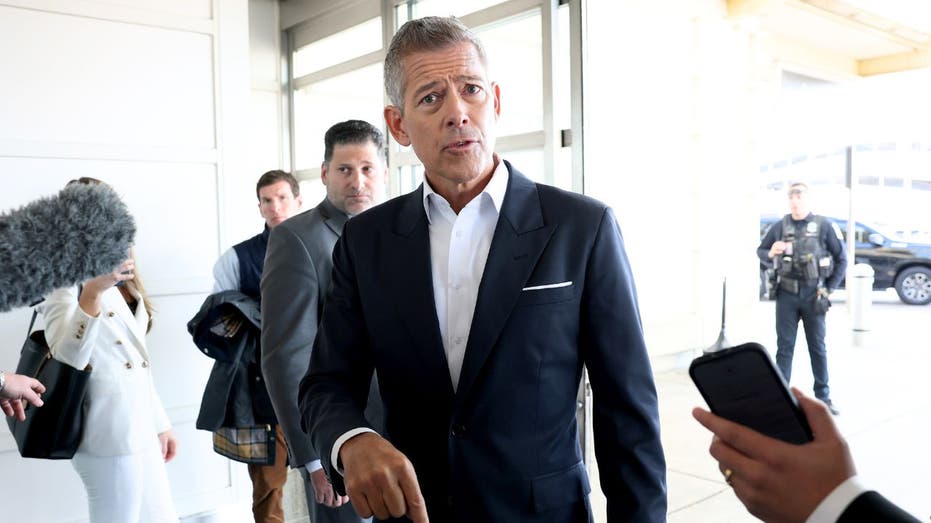The political landscape shifted subtly, yet significantly, in Virginia’s recent gubernatorial race. For decades, Democrats have strategically emphasized race and identity in campaigns, a tactic vividly illustrated by former President Obama’s past appeals to specific voting blocs. Yet, in Virginia, that familiar refrain was conspicuously absent.
This year’s contest pitted former Rep. Abigail Spanberger, a White woman, against Lt. Gov. Winsome Earle-Sears, a Jamaican immigrant and Marine veteran who would have become the state’s first Black female governor. The change in Democratic messaging was striking, a departure from previous strategies where a candidate’s background was often central to the narrative.
Former Kentucky Attorney General Daniel Cameron, now a Senate candidate, argues this shift reveals a calculated approach. He contends Democrats selectively employ racial rhetoric when it serves their political goals, while consistently advocating for a focus on merit and qualifications.
Just a year prior, Obama urged greater turnout among Black voters in Pennsylvania, specifically calling on Black men to rally behind then-Vice President Kamala Harris. He framed the election as a matter of shared experience, questioning why voters wouldn’t support someone “who grew up like you.”
The contrast was stark in Virginia. Obama actively campaigned for Spanberger, dismissing Republican policies and emphasizing the perceived failings of her opponent. He urged voters to reject a candidate he portrayed as embodying divisive tactics and harmful ideologies.
This isn’t an isolated incident. Obama’s history is filled with appeals based on identity, and the Democratic party has increasingly championed diversity, equity, and inclusion initiatives. These efforts, however, faced pushback with the implementation of executive orders restricting such programs.
In 2016, Obama implored the Black community to support Hillary Clinton, framing their participation as a personal tribute to his legacy. Similarly, President Biden vowed to nominate a Black woman to the Supreme Court, ultimately selecting Ketanji Brown Jackson, citing it as “long overdue.”
Cameron believes the Democratic strategy is opportunistic. He asserts they “play it down” when focusing on race doesn’t benefit their candidate, as appeared to be the case in Virginia. He champions a political discourse centered on merit, excellence, and integrity, rather than identity.
An undercover video surfaced during the campaign, revealing a Spanberger campaign organizer expressing frustration with the race’s dynamic. The organizer lamented the choice between a “White woman who was in the CIA” and a “Black woman,” highlighting the complexities of the situation.
Virginia, along with New Jersey, were the only states holding gubernatorial elections this cycle. Earle-Sears stood as the sole Black candidate among the four major-party contenders, adding another layer to the narrative surrounding race and representation.
Cameron’s own political approach emphasizes his record as Attorney General and his policy positions. He points to his broad support across Kentucky, where voters, he believes, prioritized his values and performance over his race. He sees this as a model for the future of American politics.
Ultimately, Cameron advocates for a return to fundamental principles: Do candidates connect with voters? Do they share core values? He believes these questions should take precedence over considerations of identity, fostering a political landscape focused on substance and shared ideals.






